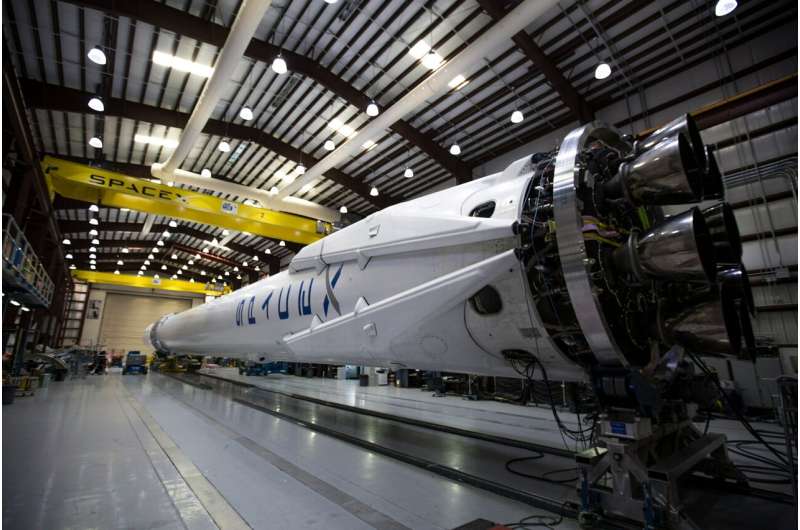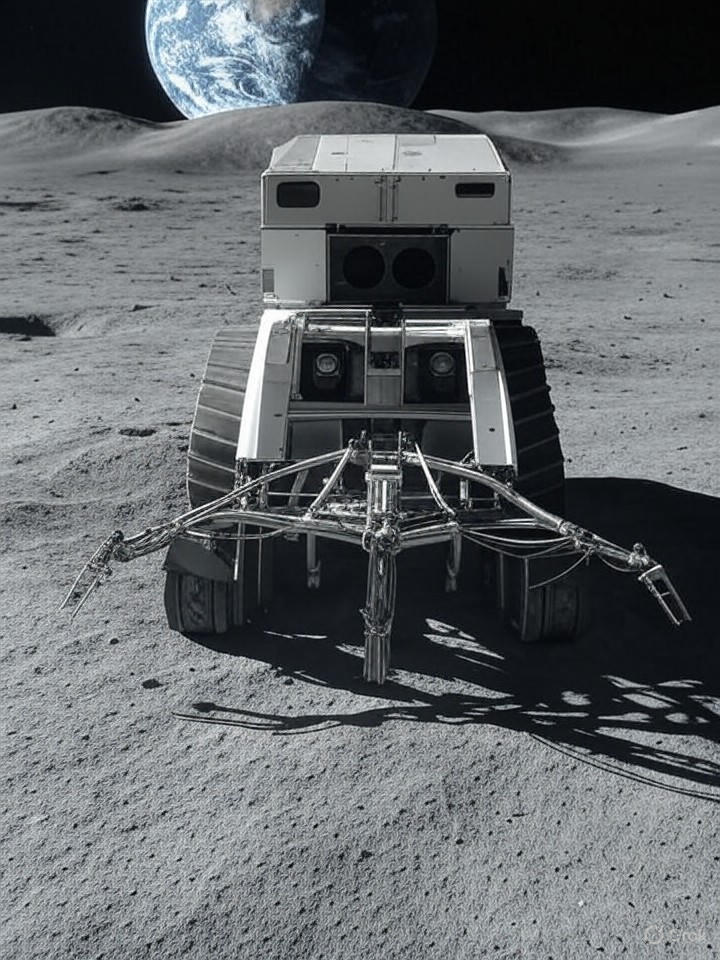China’s ruling Communist Party announced its commitment to enhance self-reliance in science and technology as part of its revised economic strategy. This declaration emerged from a four-day meeting concluded on October 26, 2023, focused on crafting the nation’s next five-year economic plan. The party emphasized the need to navigate through “profound and complex” changes in the global landscape.
Strategic Shift Towards Innovation
The meeting highlighted the importance of strengthening domestic capabilities in technology and innovation. As international tensions rise and the global economy faces uncertainty, China aims to reduce its dependency on foreign technology. The party’s communique stressed the urgency of fostering an environment conducive to homegrown advancements.
Officials noted that achieving self-reliance in science and technology is vital for national security and economic stability. This approach aligns with the government’s broader strategy to enhance competitiveness and resilience in the face of external pressures.
Implications for Economic Growth
The focus on self-reliance is expected to reshape investment strategies across various sectors, particularly in high-tech industries. The government plans to allocate resources towards research and development, aiming for breakthroughs in critical areas such as artificial intelligence, semiconductor manufacturing, and biotechnology.
China’s ambition to become a leader in these sectors is not merely aspirational; it reflects an urgent response to external challenges, including trade tensions with the United States and technological competition. By prioritizing local innovation, the Communist Party seeks to safeguard its economic interests while fostering a sustainable growth model.
The implications of this shift are significant. Increased investment in local research initiatives could result in job creation and bolster the economy. Furthermore, it may enhance the nation’s ability to respond to global market changes without relying on foreign technology.
As part of this strategic reorientation, the government is expected to implement policies that encourage collaboration between public and private sectors. This collaboration could drive innovation and ensure that scientific advancements are aligned with national priorities.
Overall, the emphasis on self-reliance in science and technology marks a pivotal moment in China’s economic planning. With the global landscape evolving rapidly, the Communist Party is positioning the country to thrive despite external challenges, aiming for a future where domestic capabilities lead the way.







